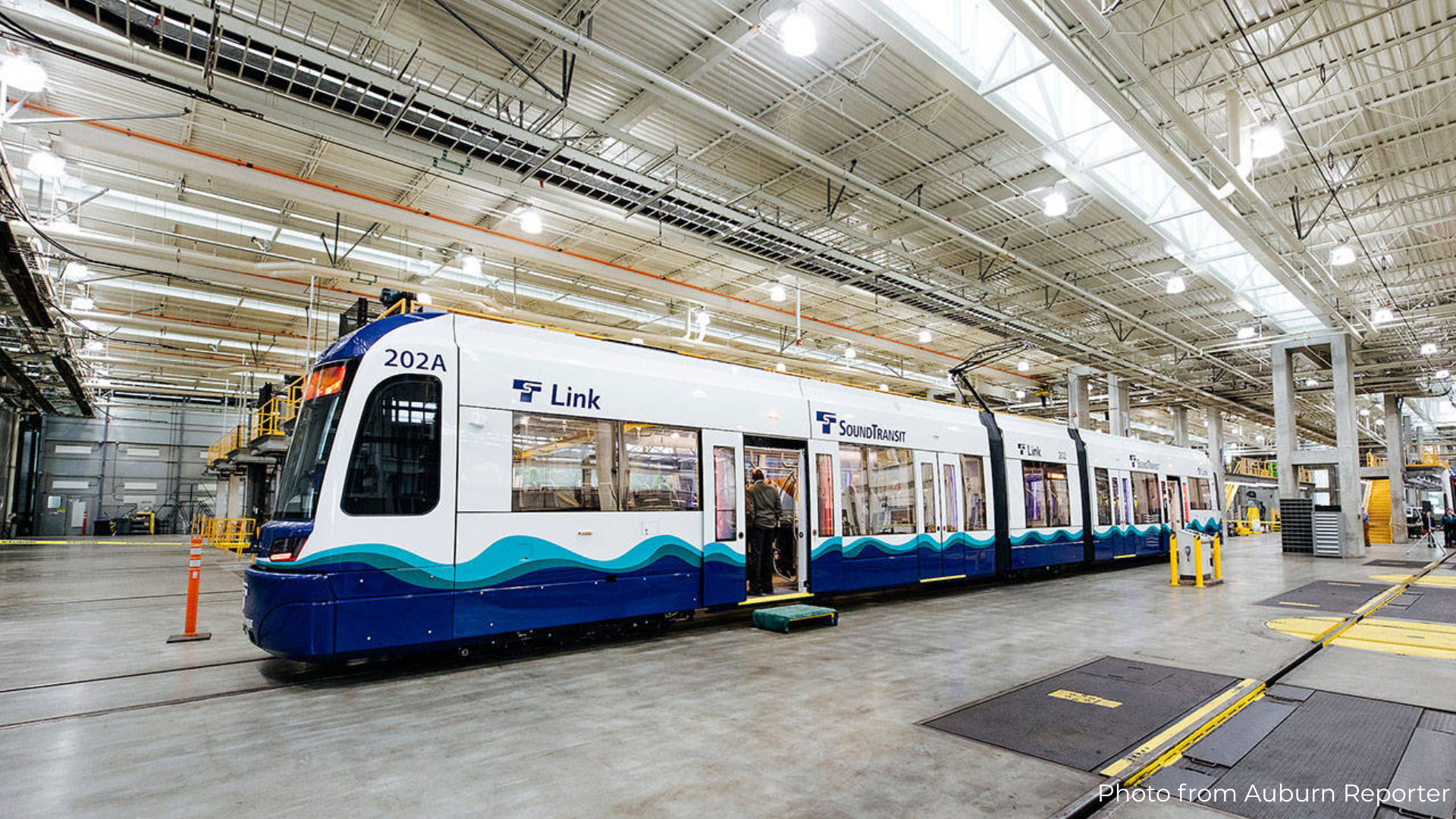Promoting affordable housing is a prominent issue in the 2023 legislative session. One major bill, HB 1110, proposes to create more housing by requiring cities to allow higher density development in neighborhoods currently zoned for single family homes.
The bill is complicated and the up-zoning will vary according to location, but for most cities within the contiguous urban growth area in King County the bill would require cities to permit four housing units per single-family lot. In some areas within a quarter mile of a major transit stop the allowed density would increase to six units per lot.
Despite up-zoning several thousand acres of single-family neighborhoods it isn’t clear the bill would really solve the affordability problem and it would make other housing problems worse. Because there aren’t many vacant lots in the urbanized part of King County the construction of a large number of higher density townhomes, apartments and condos will require demolition of many existing single-family homes.
Those older, smaller, homes constitute a large share of the region’s affordable housing for renters and first-time home buyers. The bill would set in motion a wave of redevelopment that replaces existing affordable housing with new housing that in most cases would be more expensive. It would also displace lower income families who will be evicted from their rental homes as developers bid-up the price of older houses that become tear-downs thanks to up-zoning. We already can see this happening in previously affordable neighborhoods around Seattle. The bill would rapidly accelerate the process, and although the bill does include language regarding displacement it offers no real solution.
The bill sponsors believe the State needs to impose this heavy-handed up-zoning because cities haven’t planned for population growth and higher densities. Nothing could be further from the truth. The cities have all complied with the Growth Management Act and their adopted plans allow for the needed increase in housing. What they haven’t planned for are the increased infrastructure costs that would be needed to accommodate the much higher density development HB 1110 would bring about.
This is no secret. City comprehensive plans in the region have all been reviewed and certified by both the Puget Sound Regional Council and the Washington State Department of Commerce. What then, is the justification for the legislature usurping local planning authority, tossing out the adopted plans of the cities, and imposing much higher residential densities across a wide swath of the region? It isn’t for the benefit of the cities; they have already gone through a lengthy process to develop plans that represent the priorities and interests of their citizens.
If lawmakers believe such radical changes to local plans are needed they should first ask why twenty-five years of planning under the Growth Management Act hasn’t produced the desired outcome. The first step in solving any problem is understanding the root causes, then figuring out what actions will bring about a better outcome. HB 1110 doesn’t get us there.






